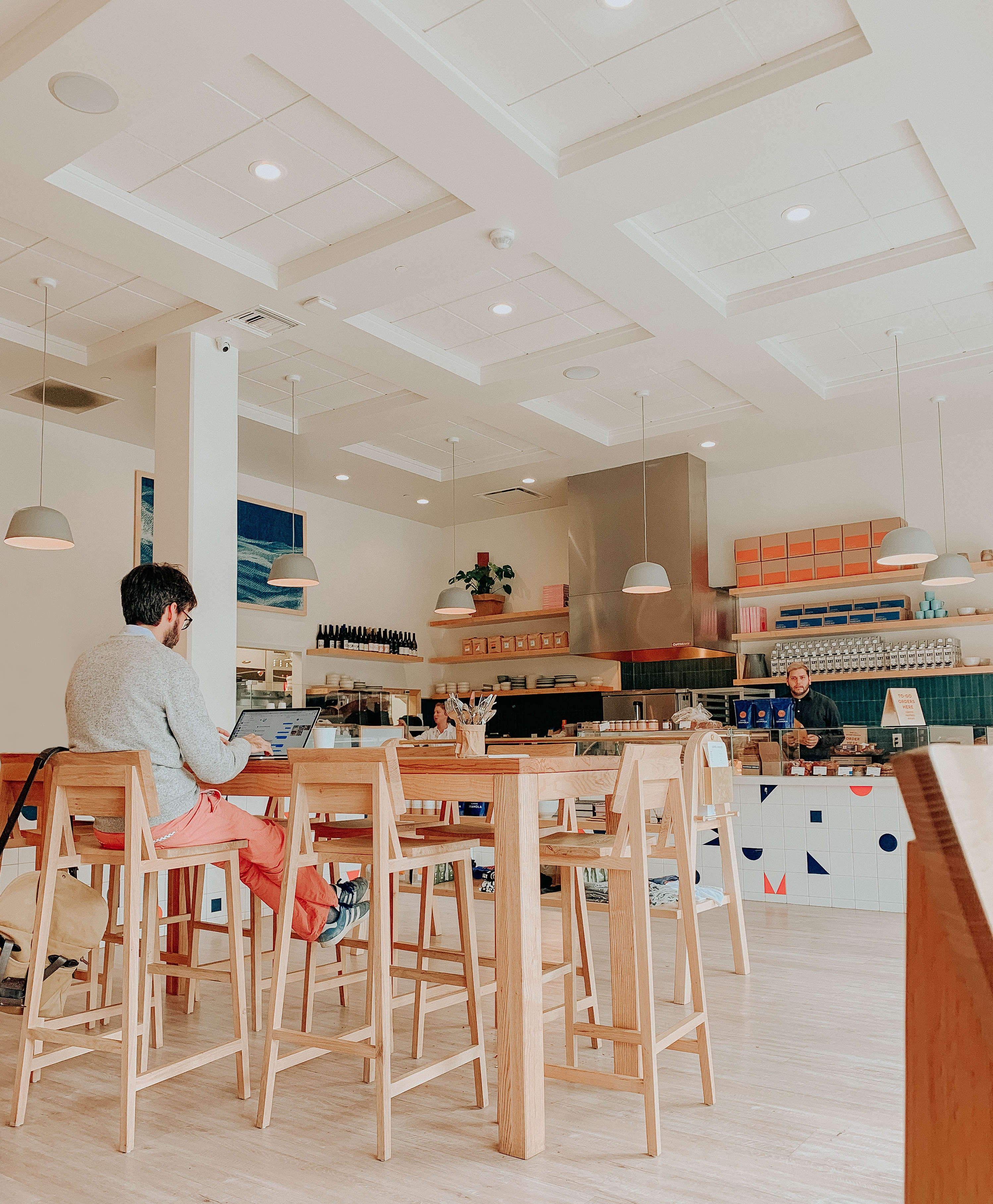How to avoid the pitfalls of following the latest office trends.
Cool offices are nice, especially when it comes to attracting young talent. Not surprisingly, a string of companies model their workplace design after big tech leaders like Google, Apple and Netflix. They might add the in-office scooters, the hammocks and even the climbing walls.
That might be a big mistake.
Too often, corporate executives fall into the trap of just copying what Google or other companies do, without really ensuring that their workplace is unique to their own company culture, says T. Patrick Donnelly, client Leader and owner at BHDP Architecture in Cincinnati. “Then they end up putting in the scooters that nobody uses.”
Call it the Googlization of the workplace, and it keeps people from designing offices that are authentic to their own particular companies.
“You have to ask the question of, ‘What is the essence of every organization?’” says Donnelly. “It’s a process of self-discovery.”
How do you design a space that’s unique to your own culture? Telecom company Vonage did just that with its new headquarters in Holmdel, N.J. It embraces its New Jersey vibe with no apologies.
Tapping into roots
Vonage’s headquarters in suburban, N.J.—49 miles from Manhattan’s tech scene—clearly celebrates what’s local. A number of its conference rooms are named after music stars from the Garden State, among them Frank Sinatra and David Cassidy. One breakout room looks like a New Jersey diner, complete with restaurant-style booths.
“That’s a Bruce Springsteen scene,” says Sue Quackenbush, chief human resources officer. “There’s a whole wall, with 45s on the entire wall.”
With guitars for mid-day jam sessions, and a Game of Thrones-themed conference room, there’s no mistaking the fact that Vonage wants employees at its headquarters to get their creative juices flowing.
The décor emerged from the 19-year-old global communication company’s “employee experience strategy,” a framework to make working at the company as appealing as possible, according to Quackenbush.
As part of the three-year framework, Vonage refurbished its headquarters to heighten the spirit of fun and collaboration in the fast-growing organization, which has recently acquired eight other companies. While the office environment is generally not the deciding factor in whether employees take a job offer—they mainly look at the work they’ll be doing and the opportunities to make an impact—it does add to the 2,200-person company’s appeal, Quackenbush finds.
“Applicants have a choice of where they work,” says Quackenbush. “The workspace is definitely appealing.”
DIY Food
Meanwhile, in Melbourne, Australia, 99designs purposely avoided the out-and-out luxury of Google. The company, which is a global marketplace for designers, opted out of Google-style fancy cafeterias and instead embraced more community-oriented DIY activities, like make-your-own meals.
“We wanted to create a communal space around coffee, and the sense of community that can come from that,” says Patrick Llewellyn, CEO of the 140-employee company. He says the company builds on the city’s “coffee culture” with airy décor and an onsite café. There, the company encourages team members to brew their own coffee to get them interacting.
“We don’t have baristas,” says Llewellyn. “Part of the onboarding experience is that people will teach you how to use the coffee machine. When I bring in a recruit, I will make a coffee. I’ll immediately get to observe them.”
The setting opens up the lines of communication between Llewellyn and his team. “If I’m in the kitchen making coffee, anyone will be able to engage with me,” he says.
99designs’ airy workspace, which has 20-foot ceilings, also includes a fully-functioning kitchen with a fridge stocked with locally sourced ingredients. Although the company caters meals several times a week, 99designs encourages employees to partake in communal preparation of omelets, burritos and salads to foster team-wide conversations.
“There’s a lot of equality,” says Llewellyn. “People see me unpacking the groceries and doing un-CEO-like activities. “
The camaraderie fits the culture of 99designs, more so than it would to have a cafeteria with high-end chefs serving up gourmet concoctions on a daily basis. The idea: fostering innovation with genuine human connection.
Looking deep within your own culture, tapping into your own roots and designing for your own workforce makes for a smart strategy for any company looking to create an authentic workplace—one that goes beyond the latest office trends. Because no one wants to work at a Google wannabe.
